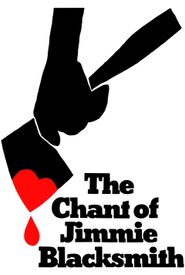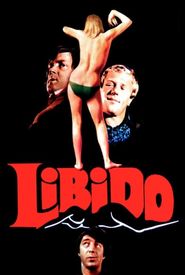Thomas Keneally, a renowned Australian writer, was born on October 7, 1935, in Sydney, Australia. He is best recognized for his historical novels, which often explore the complexities of human nature and the struggle between individuals and systems of authority.
Keneally's early life had a significant influence on his writing. At the age of 17, he entered a Roman Catholic seminary, but he left before being ordained. This experience is reflected in his early fiction, including "The Place at Whitton" (1964) and "Three Cheers for the Paraclete" (1968).
Keneally's reputation as a historical novelist was established with "Bring Larks and Heroes" (1967),a novel that explores Australia's early years as an English penal colony. His subsequent works, such as "The Chant of Jimmie Blacksmith" (1972),have received international acclaim. This novel is based on the true story of a half-caste Aboriginal who rebels against white racism by committing a series of murders.
Keneally's range is not limited to Australian history. His novel "Gossip from the Forest" (1975) examines the World War I armistice from the perspective of a thoughtful and humane German negotiator. He has also written about the American Civil War in "Confederates" (1979).
Keneally's later fiction includes "A Family Madness" (1985),"To Asmara" (1989),"Flying Hero Class" (1991),"Woman of the Inner Sea" (1992),"Jacko" (1993),"Homebush Boy" (1995),"Bettany's Book" (2000),"The Tyrant's Novel" (2003),"The Widow and Her Hero" (2007),and "The Daughters of Mars" (2012).
Keneally's most famous work is "Schindler's Ark" (1982),which tells the true story of Oskar Schindler, a German industrialist who saved more than 1,300 Jews from the Nazis. This novel won the Man Booker Prize and was adapted into a film, "Schindler's List," which won the Academy Award for Best Adapted Screenplay. Keneally worked closely with Steven Spielberg on the original drafts of the screenplay.
Keneally has been shortlisted for the Man Booker Prize three times, and his work continues to be widely acclaimed for its historical accuracy, engaging storytelling, and thought-provoking themes.























